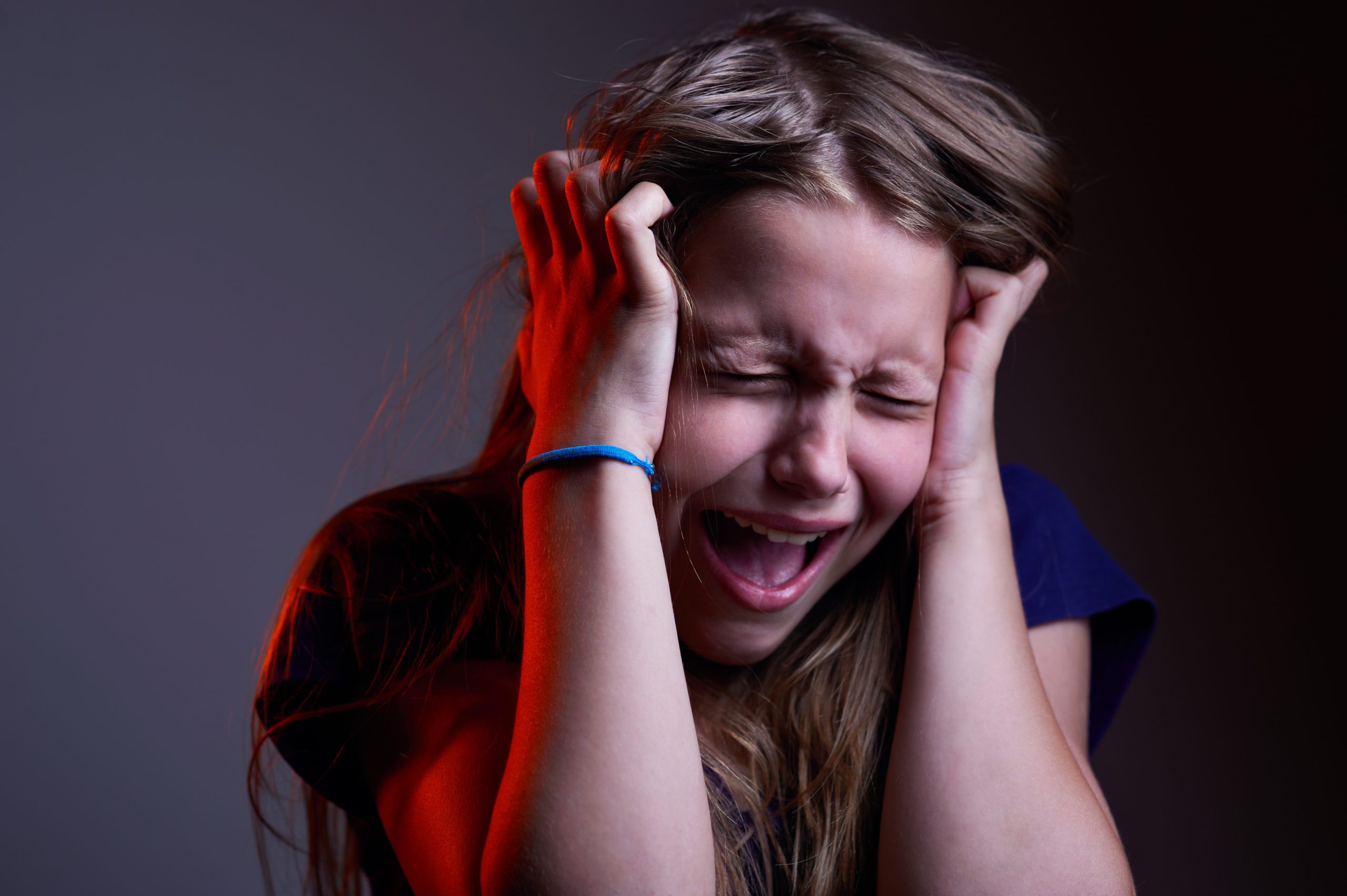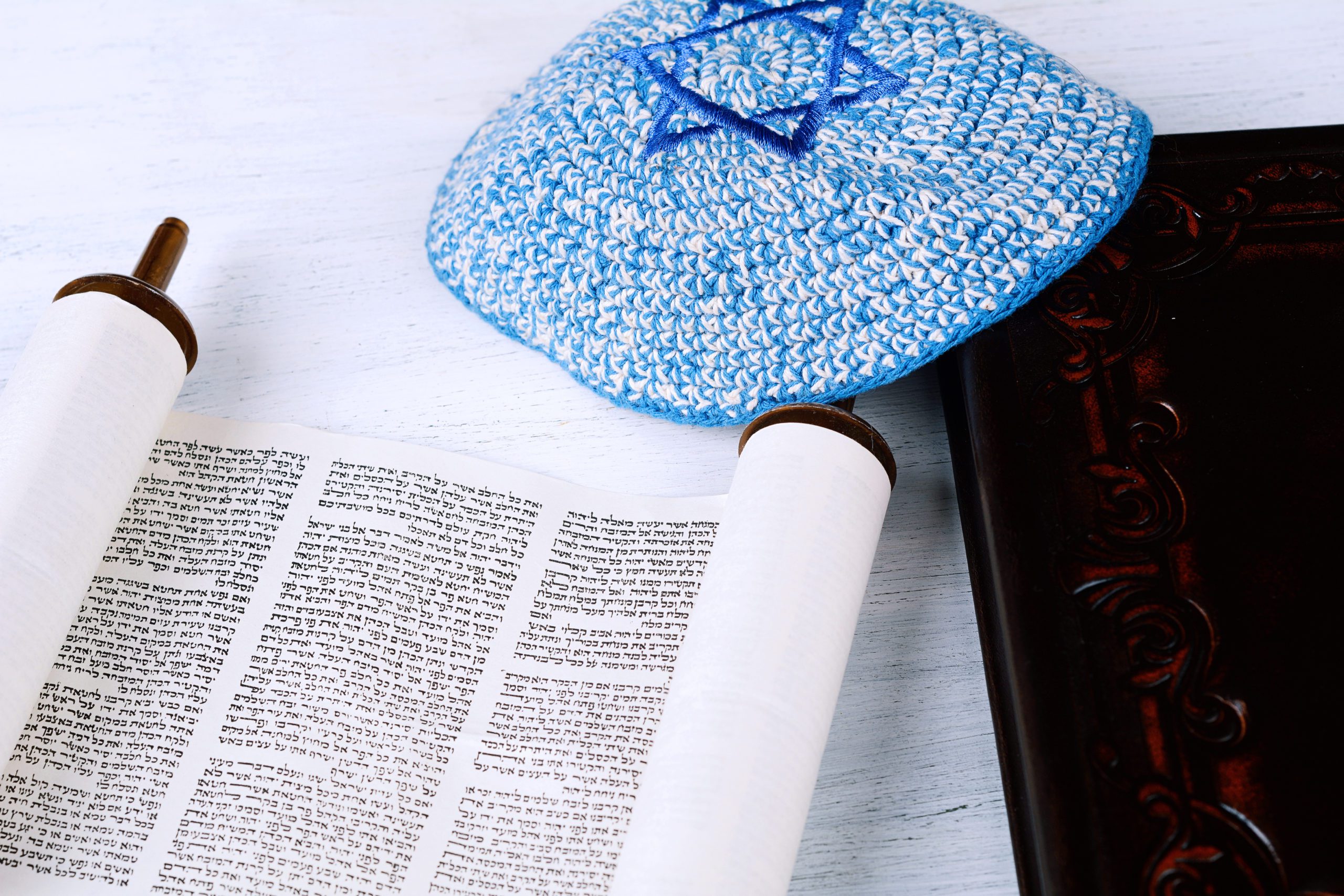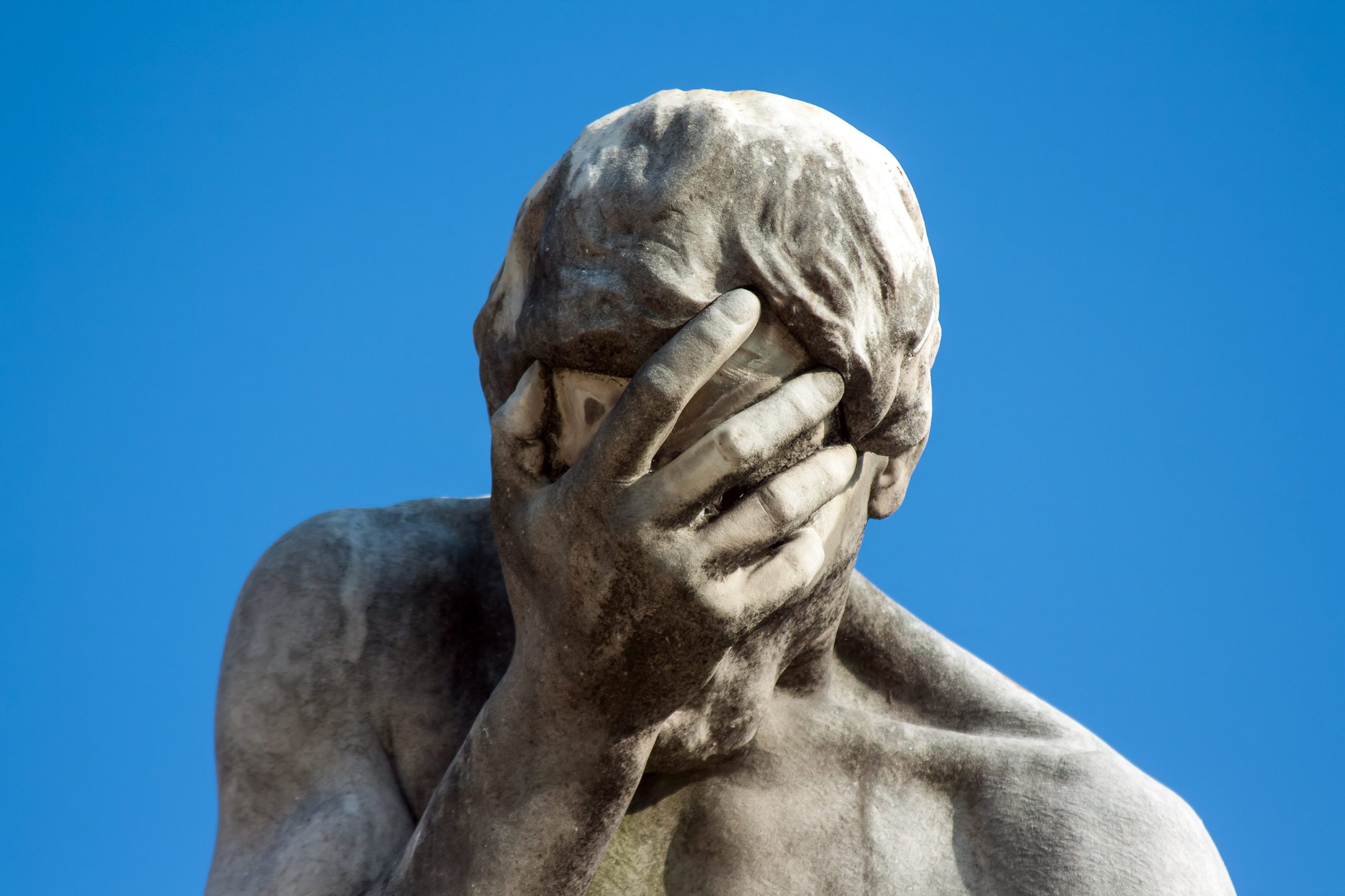This past month, there have been several troubling stories about Survivor’s Guilt and the suicides of those closely impacted by the Sandy Hook and Parkland shootings. Tragically, those who lived through those traumatic incidents wound up taking their own lives during pivotal anniversary dates and remembrances. The truth of the matter is, this is a very real issue and one that deserves to be addressed.
Three key figures in those prior tragedies took their lives in March 2019. Jeremy Richman was the father of a Sandy Hook student who was murdered in the 2012 massacre. His suicide was discovered this past Monday. Just a few days prior, Sydney Aiello and an unnamed Parkland student also killed themselves after having survived that 2018 attack.
With more incidents like these occurring, it is likely that suicidal tendencies will begin to emerge within the circles around the victims. It is said that these feelings may be even stronger among teenagers, as their coping skills haven’t fully matured.
Phyllis Alongi, a former clinical director at the Society for the Prevention of Teen Suicide, was interviewed for NBC News, addressing the survivor’s guilt phenomenon and how it can impact young people.
“The degree to which survivor’s guilt impacts someone’s life may depend on the level of trauma they were exposed to, as well as any pre-existing vulnerabilities to depression and anxiety they had before the event,” she explained. “The issue with a lot of these teens is their problem solving, perception, and coping skills are still immature and underdeveloped, so they’re already at a disadvantage.”
And it is apparent that the survivor’s pain can manifest itself in multiple ways. Addiction is a common occurrence for those who have gone through traumatic incidents. People often turn to drugs and alcohol to “numb pain,” though, in reality, these habits only add fuel to the fire.
As more of these stories have gone public, other high-profile survivors have spoken out and offered public support. 37-year-old Zach Cartaya, for example, went through the horrific Columbine shootings in 1999. Since then, he has become an outspoken advocate for survivors’ mental health.
Cartaya was quoted for the NBC article as well, explaining how his grief turned to anger and later addiction. Now, he works to connect those in similar situation to outreach centers and suicide prevention resources.
“It’s so easy to feel isolated after something like this,” Cartaya told the site. “You don’t have to be alone.”
If this sounds like a familiar scenario to you, please reach out and let one of our trained professionals help.





